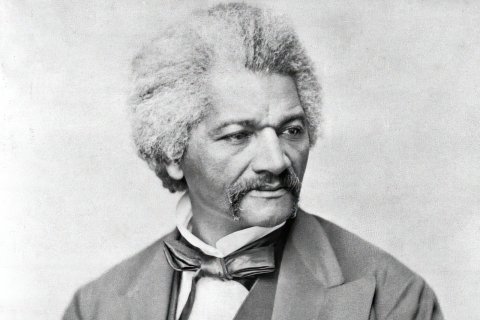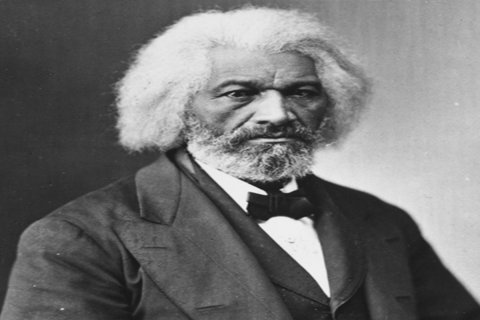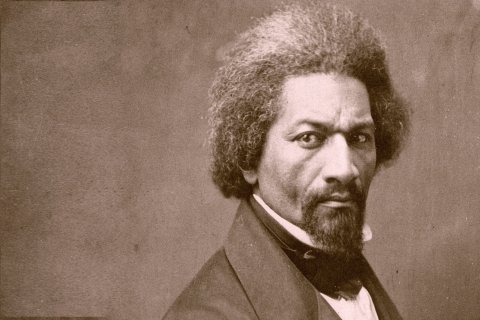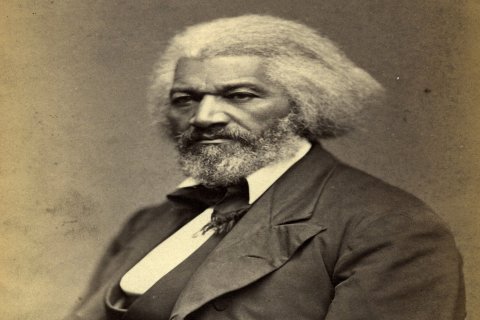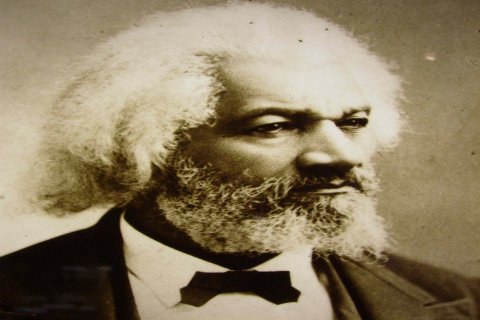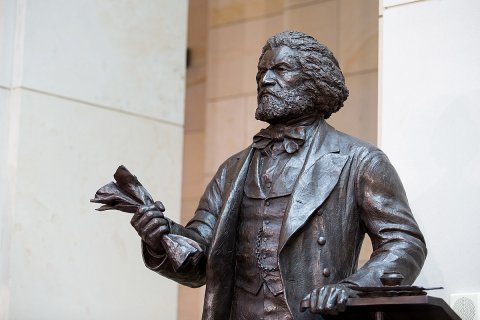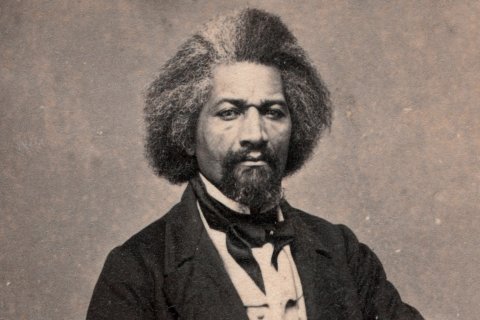Frederick Douglass
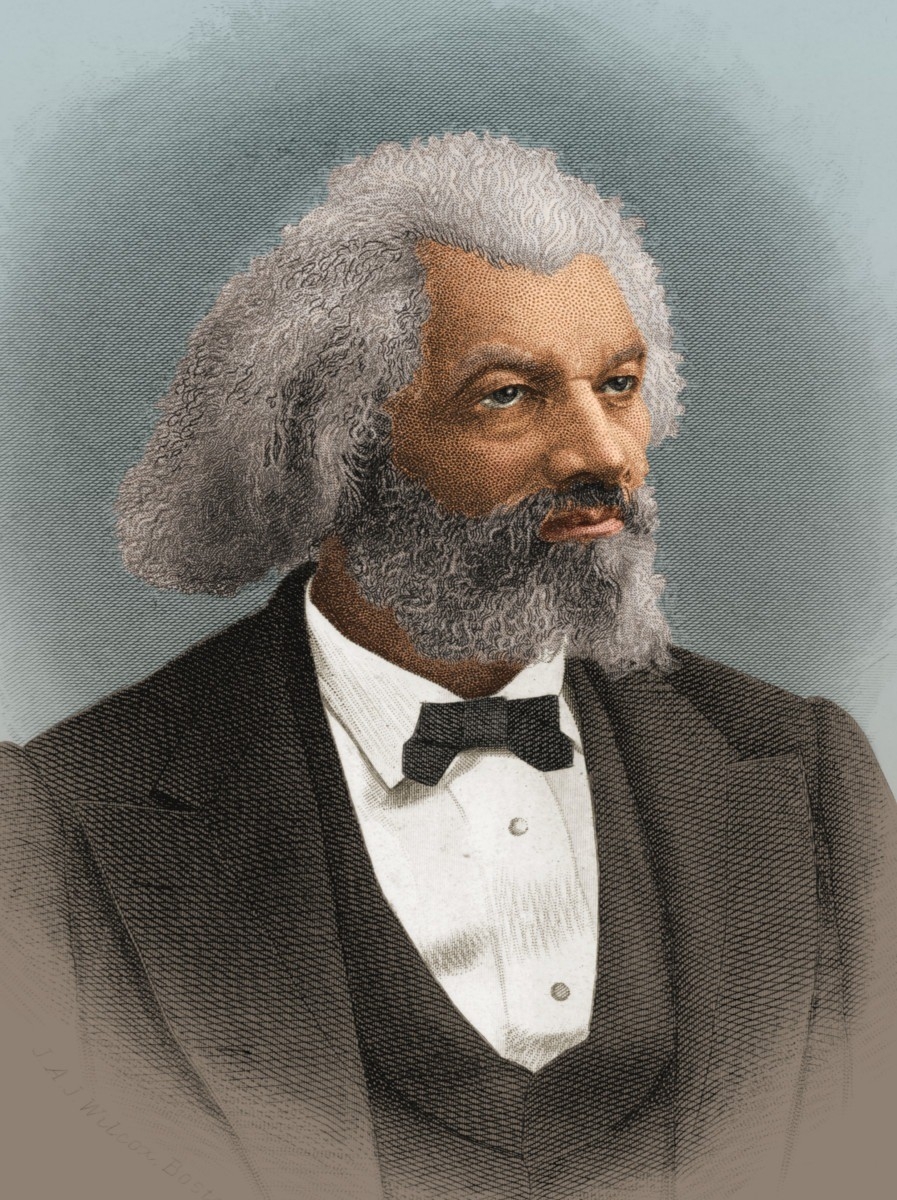
Frederick Douglass
Frederick Douglass (February 1818 – February 20, 1895) was an African-American social reformer, abolitionist, orator, writer, and statesman. Born into slavery in Maryland, he escaped in 1845 and became a leading voice in the abolitionist movement. After the Civil War, he continued to fight for the rights of African-Americans, serving as a diplomat, orator, and writer.
Early Life and Slavery
Frederick Douglass was born into slavery in Talbot County, Maryland, in February 1818. His mother, Harriet Bailey, was a slave, and his father, unknown, was likely a white man. Douglass was separated from his mother at a young age and was raised by his grandmother, Betsy Bailey. He was eventually sent to work on various plantations, where he experienced the brutality of slavery firsthand.
Escape from Slavery
In 1845, Douglass escaped from slavery with the help of his friend, Anna Murray. He disguised himself as a sailor and boarded a train to Philadelphia. From there, he made his way to New York City, where he began his new life as a free man.
Abolitionist Movement
Douglass quickly became involved in the abolitionist movement, speaking out against slavery and advocating for the rights of African-Americans. He joined the American Anti-Slavery Society and toured the country, delivering speeches and raising awareness about the plight of enslaved people. Douglass also published his autobiography, "Narrative of the Life of Frederick Douglass, an American Slave," in 1845, which became a bestseller and helped to galvanize support for the abolitionist cause.
Civil War and Reconstruction
During the Civil War, Douglass supported the Union cause and urged African-Americans to enlist in the Union Army. He also met with President Abraham Lincoln to discuss the role of African-Americans in the war effort. After the war, Douglass continued to fight for the rights of African-Americans, serving as a diplomat, orator, and writer. He was appointed as the United States Marshal for the District of Columbia in 1877 and as the Recorder of Deeds for the District of Columbia in 1881.
Death and Legacy
Frederick Douglass died of a heart attack on February 20, 1895, at the age of 77. He was buried in Mount Hope Cemetery in Rochester, New York. Douglass is remembered as one of the most influential figures in American history, a tireless advocate for the rights of African-Americans and a powerful voice for social justice.
Impact on the English Language
Frederick Douglass's writings and speeches had a significant impact on the English language. He was a master of rhetoric and his use of language was both powerful and persuasive. Douglass's writings helped to shape the way that Americans thought about slavery, race, and equality. His use of vivid imagery and his ability to connect with his audience made him one of the most powerful voices of his time. Douglass's writings continue to be studied and admired today, and they have helped to shape the way that we think about the English language.

